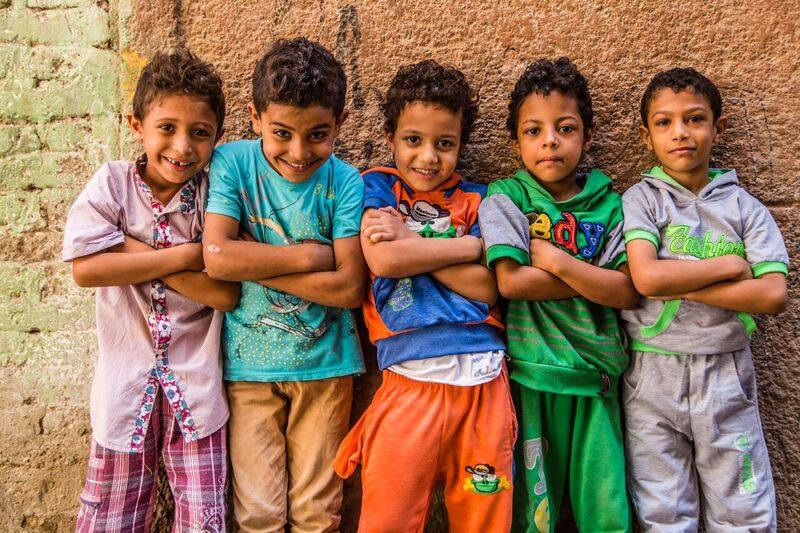A group of ‘Active Citizens’ of the British Council cooperates with members of the Fadilia Foundation to develop a less privileged area in Egypt as part of a project called the ‘Virtuous Alley’. Active Citizens is a social leadership training programme that promotes intercultural dialogue and community-led social development. Together with the non-profit social enterprise Fadilia Foundation, they launched four projects aiming at transforming ‘Ezbet Khair Allah’ area to a ‘Virtuous Alley’. The first project is called “The Camp” aimed at helping children aged between four years old and 12 years old to discover their talent and passion through modern training methods and technology. The second project is called The second project is called “FnMade” which is an online marketplace aiming to allow 3000 people to showcase and sell 15,000 handicrafts and in doing so, reduce unemployment. “Sprout” is dedicated to cleaning, painting and decorating the walls of houses on the streets. The fourth and final project is “My right to live” which aims at securing free artificial milk banks for infants under the age of one year old in order to support disadvantaged families. Fadilia Foundation works in the field of community development for the…
‘Active Citizens’ Cooperates with Fadilia Foundation to Develop ‘Ezbet Khair Allah’ Area
August 28, 2017



